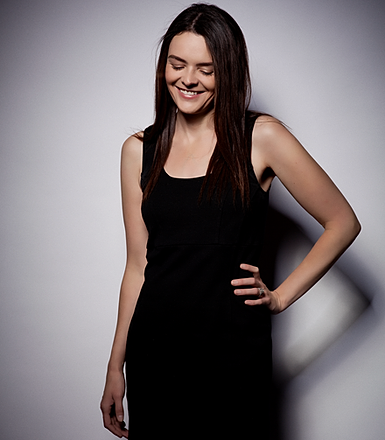When did you start writing?
 I began writing stories in grade school around 3rd or 4th
grade, I think. Encouraged by my teachers, friends and mother, I kept with it.
Once I found Stephen King (in middle school) I wrote horror short stories. I
always loved to read and wanted to create my own characters.
I began writing stories in grade school around 3rd or 4th
grade, I think. Encouraged by my teachers, friends and mother, I kept with it.
Once I found Stephen King (in middle school) I wrote horror short stories. I
always loved to read and wanted to create my own characters. Stories then, not poetry? How old were you when you tried poetry?
I began reading and writing poetry my first year in high
school. I started my BFA at UNO with the fiction track, but changed it to
poetry after the first year. I still like to read fiction, and once in a while I
will write a story, but I feel more comfortable with poetry.
What poets initially turned your muse on?
The confessionals especially Plath, Lowell and Sexton. As
an angst-filled teenager, I identified with their voices.
So what was the appeal? Real people, real struggles?
 I'm nosy. When my husband and I got married, he brought
his high school and college journals with him when he moved in and I asked him
if I could read them. He said he didn't care, but he also couldn't understand
why I would want to waste my time reading them. I read them all in one
weekend. I am fascinated by what drives people, what angers them, what makes
them tick. Reading the confessionals, I felt like I was getting an inside to
their lives. I like memoir because of that reason as well.
I'm nosy. When my husband and I got married, he brought
his high school and college journals with him when he moved in and I asked him
if I could read them. He said he didn't care, but he also couldn't understand
why I would want to waste my time reading them. I read them all in one
weekend. I am fascinated by what drives people, what angers them, what makes
them tick. Reading the confessionals, I felt like I was getting an inside to
their lives. I like memoir because of that reason as well. What poets trip your trigger now?
Alvin Greenberg. See a review I wrote about his mostrecent poetry collection.
What drew you to "Glacier" that you read it everyday? Can you quote a few of your favorite lines?
"The glacier's what's been piling up inside
you, mile-deep thicknesses of snow
and ice, until you're solid glacier, and no
one will come near, and there's nowhere you can go."
-- Alvin Greenberg
Every interaction we either build up or break down barriers.
Which shapes your work more: workshops or mentoring?
I love my mentors and I have found some of them in the most unusual ways. Their feedback and encouragement is invaluable.
What turns has your poetry taken along the way? When did you feel like you'd come into your voice or vision?
Every couple of years I become obsessed with an author. I
read everything I can find by the poet and attempt in my own way to channel
his/her voice. I'd like to think at this point I have their poems always in the
back of my mind helping shape what I write next. I am not sure if I can declare
that I have come into my voice. I feel I am always evolving.
You are evolving. When I first read your work a decade ago, it was angry or maybe not angry but confrontational always skirting the edge of controversial, often enough to disturb any political persuasion--first one group then another. You can sense some of that earlier poet still beneath the poems now, but there's more nuance, more acknowledgement of other perspectives even if you don't buy into it. How do you account for the new direction?
Life. When I was younger, I thought I had everything
figured out and believed I had all the answers. When my life took a 180-turn, I
realized that I knew nothing.
Video of Cat Dixon reading
For more information about this event, see the facebook event here.
-->photos by Greg Higgins

No comments:
Post a Comment